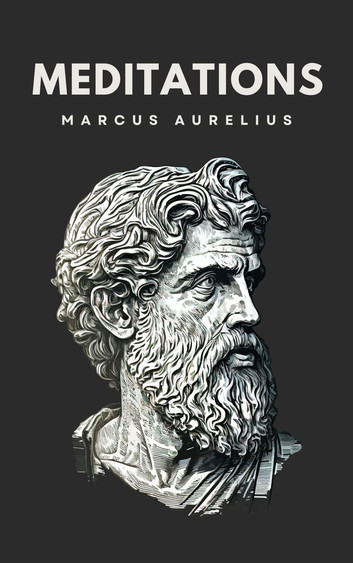In my mid-20s, while working full time as an Air Force Officer, slogging thru a Master's program, coping with a new family and an old house, I decided to become a professional actor. I'd already been writing, since junior high back when they had those things. I was published in Fanzines and small publications that paid with a copy with your story in it. Short fiction, but with a novel forming. I took an afternoon class in theater basics, followed by three acting classes and one each in directing and producing.
As I got into the craft of theater, I was amazed at how similar it was to my writing process, except, on the page, I was the entire cast, tech crew, costumers, director and the house business manager. With fiction writing, the stage was between my ears and the audience was invisible.
Consider the actor. The actor must understand his character's position in the story and in all the action. He must know the relationship his character has with the story and all the other characters, at least the characters he knows. Some actors write a deep analysis of their character, noting clues on his history, opinions, and personal issues as expressed by what he says and does. They weave that together to create a biography of the character, freely filling in details when the original author didn't mention them. It can be obsessive/compulsive.
They look at scenes their character is in, and dissect the action and the words to discover the subtext, what the character really meant when they said that line or did that action. Serious method actors continue the process to perhaps ridiculous levels, examining their character's thoughts and feelings about everything on the stage, the couch, the props, the colors.
My acting process is more cryptic. I diagram the cast and search for minimalist terms with deep meaning to describe relationships. I look at my character's objective with each scene and what's in the way and what I plan to do about it. As Marcus Aurelius said, "The impediment to action advances action."

No comments:
Post a Comment